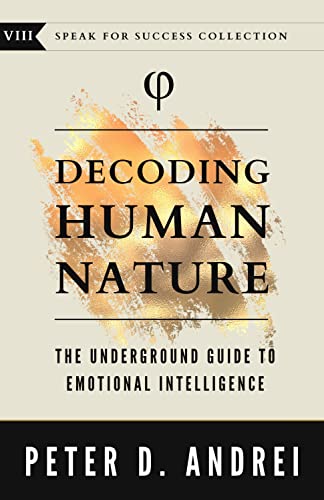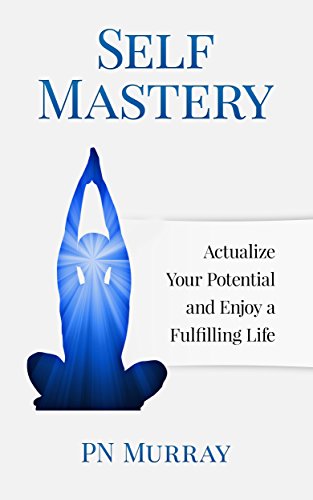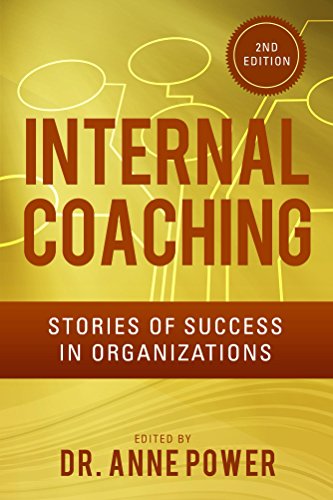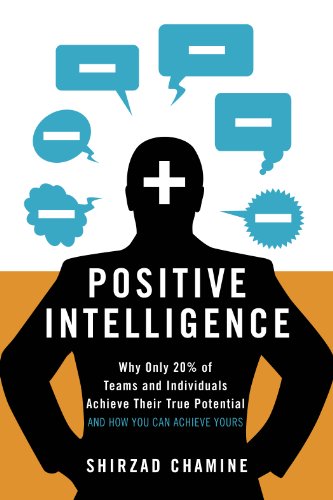Sublime
An inspiration engine for ideas

Conformist-Amber consciousness develops a deeper awareness of other people’s feelings and perceptions.
Frederic Laloux • Reinventing Organizations: A Guide to Creating Organizations Inspired by the Next Stage of Human Consciousness
Decoding Human Nature: The Underground Guide to Emotional Intelligence (Speak for Success Book 8)
amazon.com
special talent for converting life’s setbacks into future successes.
Carol S. Dweck • Mindset - Updated Edition: Changing The Way You think To Fulfil Your Potential

Two The Power of Metacognition
Oprah Winfrey • Build the Life You Want


Positive Intelligence: Why Only 20% of Teams and Individuals Achieve Their True Potential AND HOW YOU CAN ACHIEVE YOURS
amazon.com